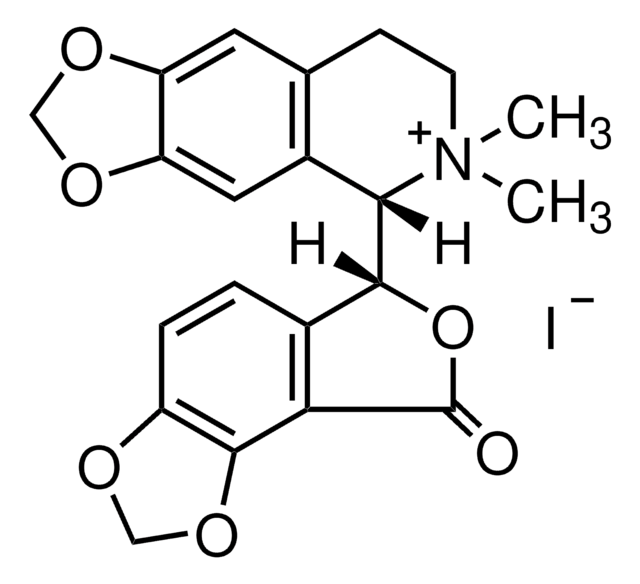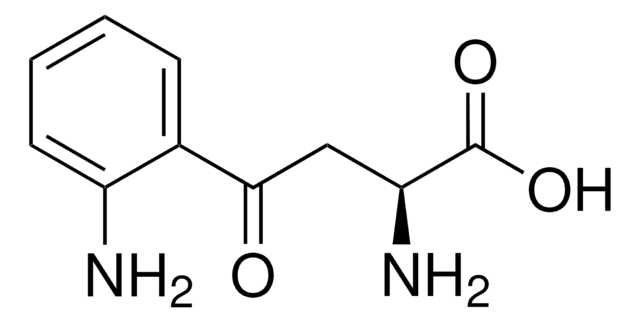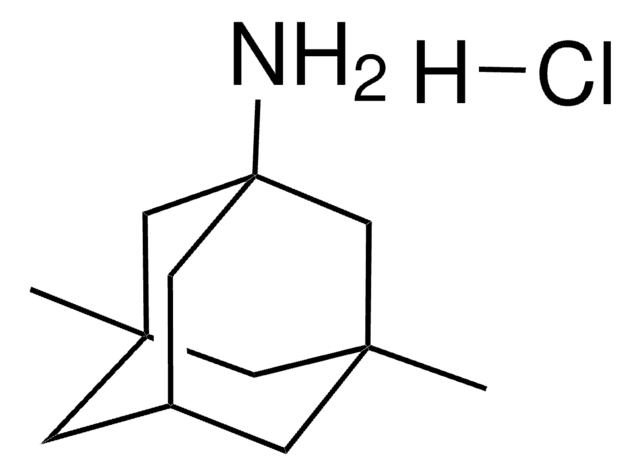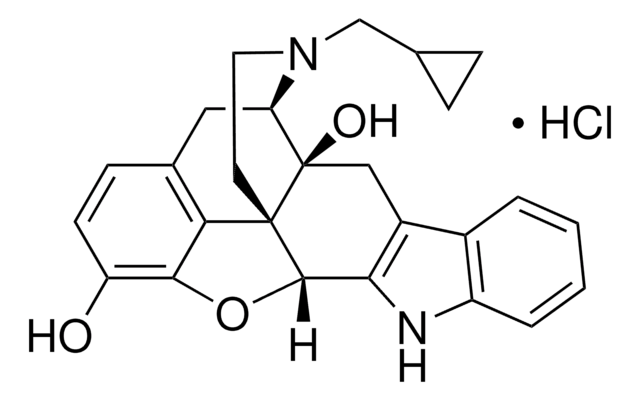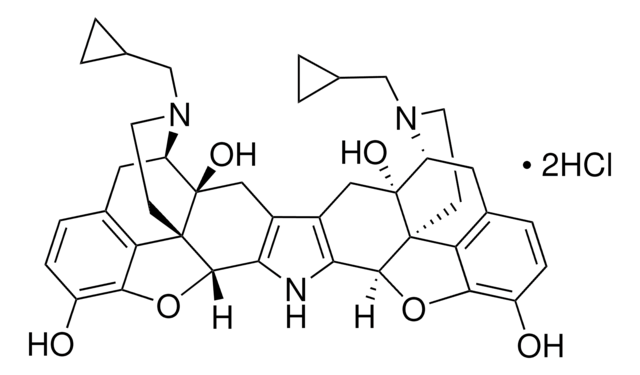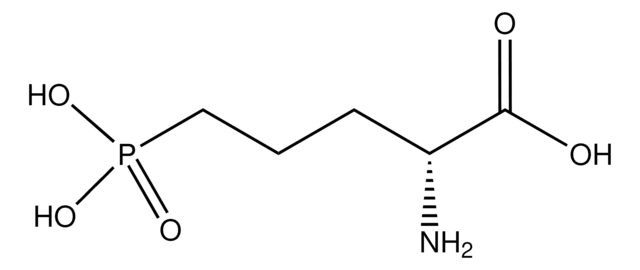推薦產品
品質等級
化驗
≥98% (HPLC)
形狀
powder
顏色
white to beige
溶解度
DMSO: 10 mg/mL (clear solution)
儲存溫度
2-8°C
SMILES 字串
COc1ccc(CN2C=C(C(O)=O)C(=O)c3ccccc23)cc1
InChI
1S/C18H15NO4/c1-23-13-8-6-12(7-9-13)10-19-11-15(18(21)22)17(20)14-4-2-3-5-16(14)19/h2-9,11H,10H2,1H3,(H,21,22)
InChI 密鑰
BZBBTGCKPRSPGF-UHFFFAOYSA-N
生化/生理作用
特點和優勢
訊號詞
Warning
危險聲明
危險分類
Acute Tox. 4 Oral
儲存類別代碼
11 - Combustible Solids
水污染物質分類(WGK)
WGK 3
閃點(°F)
Not applicable
閃點(°C)
Not applicable
文章
Muscarinic acetylcholine receptors are G protein-coupled receptors (GPCRs) and mediate acetylcholine actions in the CNS and non-nervous tissues. Learn more about acetylcholine receptors and their role in cell signaling.
Muscarinic acetylcholine receptors are G protein-coupled receptors (GPCRs) and mediate acetylcholine actions in the CNS and non-nervous tissues. Learn more about acetylcholine receptors and their role in cell signaling.
我們的科學家團隊在所有研究領域都有豐富的經驗,包括生命科學、材料科學、化學合成、色譜、分析等.
聯絡技術服務
